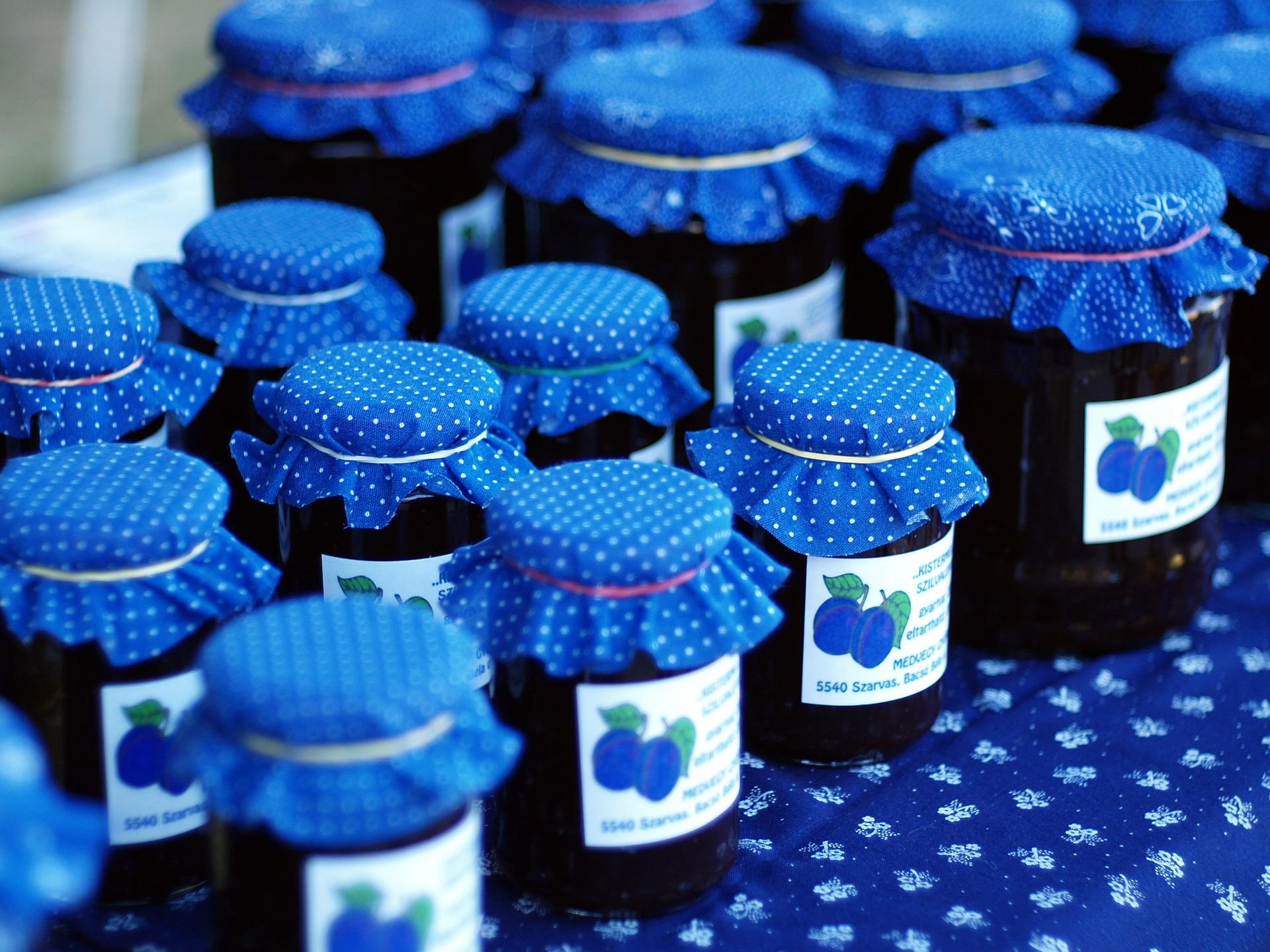Mastering Marketing
Maryland’s Expanding Value-added and Craft Movement
I attended this year’s “Maryland’s Best Expo” organized by the Maryland Department of Agriculture to highlight Maryland products to a wide variety of buyers. This year’s offerings featured value-added products from at least three-quarters of the attending exhibitors. This event could easily be billed as a Maryland Specialty Foods Show too, with the number, variety, and quality of value-add products shown tasted, and sold that day. Kudos to all in attendance. What a change in product offerings from just a few years ago.
But the pathways for more savvy Maryland food entrepreneurs offering unique, quality food products have been paved by the hard work of many state and local food processing regulators and supporting organizations. The Maryland Department of Health and the Department of Agriculture has worked closely with producers, processors, and the State Legislature to develop state regulations that facilitate the growth of specialty food production and affordable licensing. The University of Maryland Extension offers classes in specialty food production and food safety training. Other food business development organizations such as the B-More Food Incubator Kitchen, Humanim’s School of Food, and the Baltimore Institute for Justice have multiplied both product and business development resources available to Maryland’s small food business. The Maryland Brewers and Distillers Association has shepherded an expansive number of new on-farm and local processors and distributors. “Craft” is now a flavor.
In September 2008, the Harry R. Hughes Center for Agro-Ecology, with support from the USDA-CSREES, funded a project titled, “Processing for Profits: Assessment and Comparison of Regional On-Farm Processing Regulations to Develop a State Food Policy that Accommodates Small-Scale Processing.” The project identified resources and regulatory clarifications needed to support the development of more on-farm and value-added processing in Maryland. The project focused on stimulating both growth and profitability. This guide was printed in 2009 and was intended to be a resource for Maryland entrepreneurs. The guide also addressed many other topics including regulations, licenses, entrepreneurship, and processing resources and equipment. Although dated, it still contains relevant information for those considering launching a value-added business. New contact information for agencies and resources are also available on the Maryland Rural Enterprise Development Center website (MREDC).
As comprehensive as that initial guide attempted to be, it still did not project far enough into the future to address the stellar growth of the Maryland wine industry and the advent of the craft beverage industry mushrooming in the Old Line State. So what’s next for Maryland value-add agricultural offerings? I’m not sure but I know there’s no closing the box on an expanded Cottage Food industry and a burgeoning specialty foods network.
Beyond sound business planning and market research to identify their target customer, value-added business will need to pursue these four ingredients for business growth and product development:
- Adapt to market changes, even it means re-allotment of financial resources.
- Be open to exploring new ideas. Don’t love your own product so much you can see variations or even diverse product lines.
- Operate more as a manager than as a producer. Get ahead of making change rather than reacting |to it. That includes your personnel, production process, and distribution strategies.
- Realize the importance of networking and developing alliances. These can increase your sales footprint.
These are difficult because they require a new vision for your farm, products, or business goals. Managing your resources and developing new profit centers may seem time consuming and tedious but, that’s exactly what adding value is all about.
